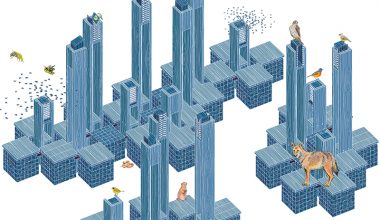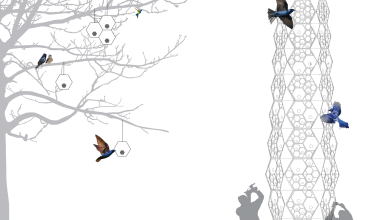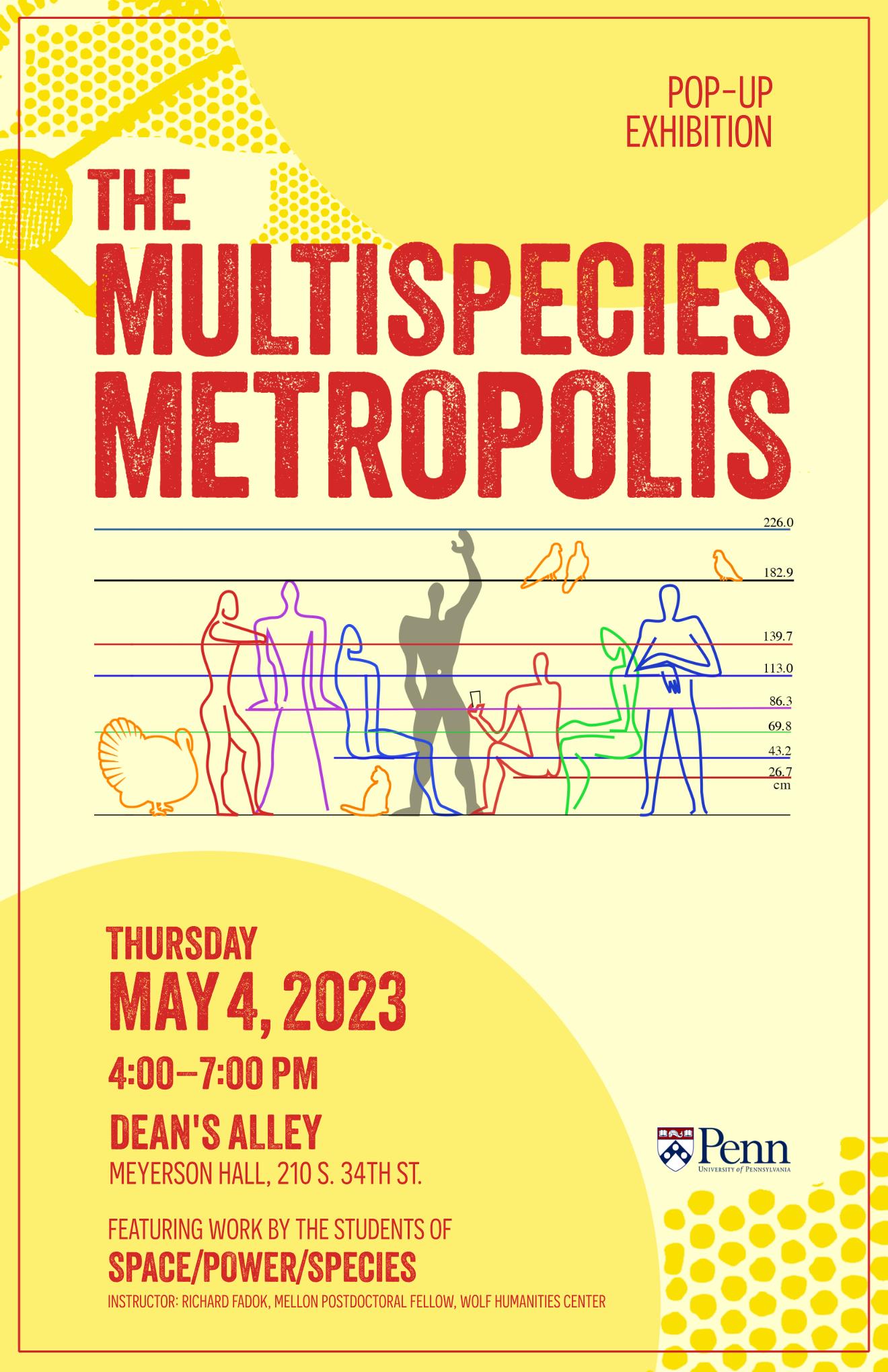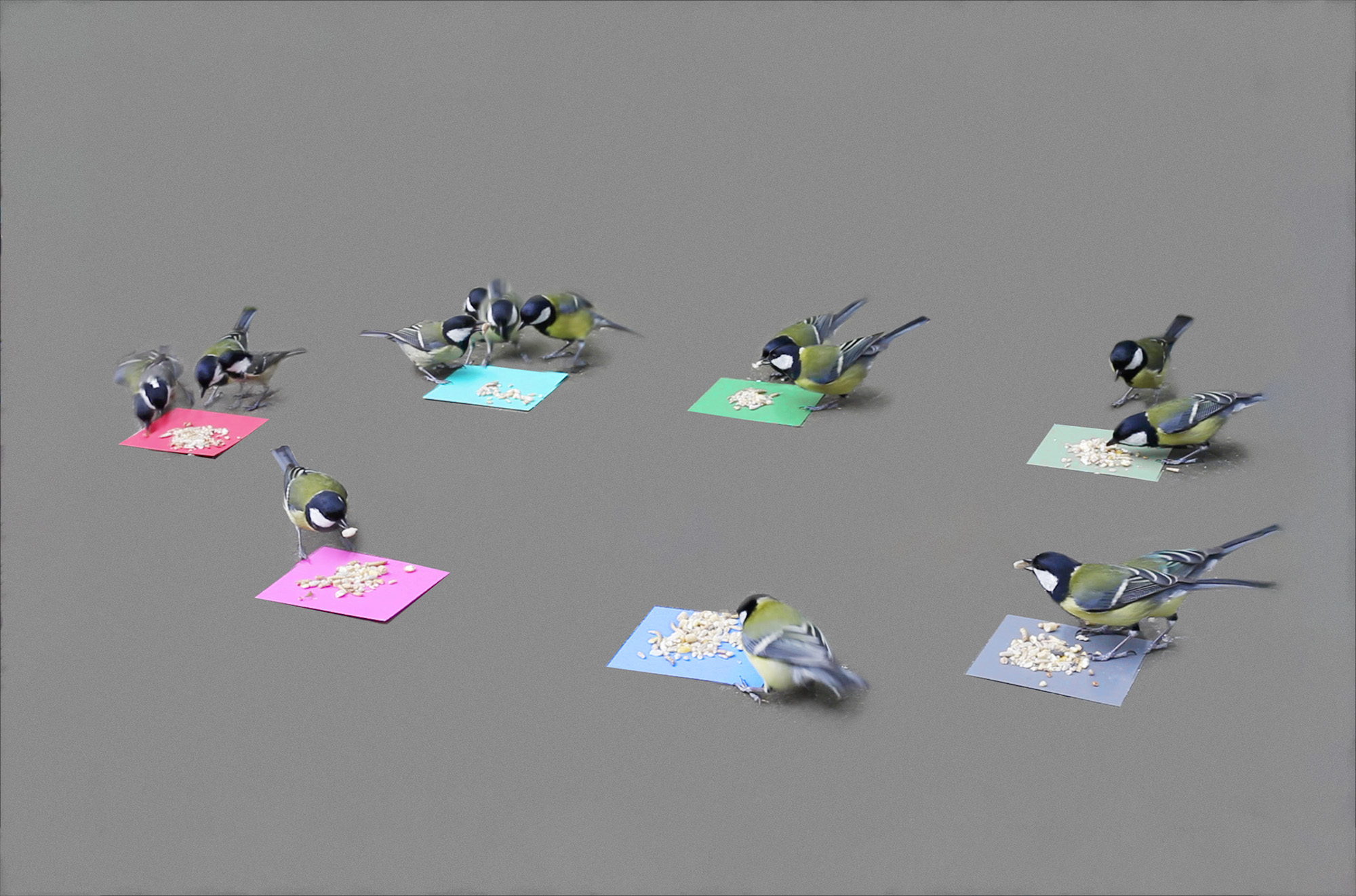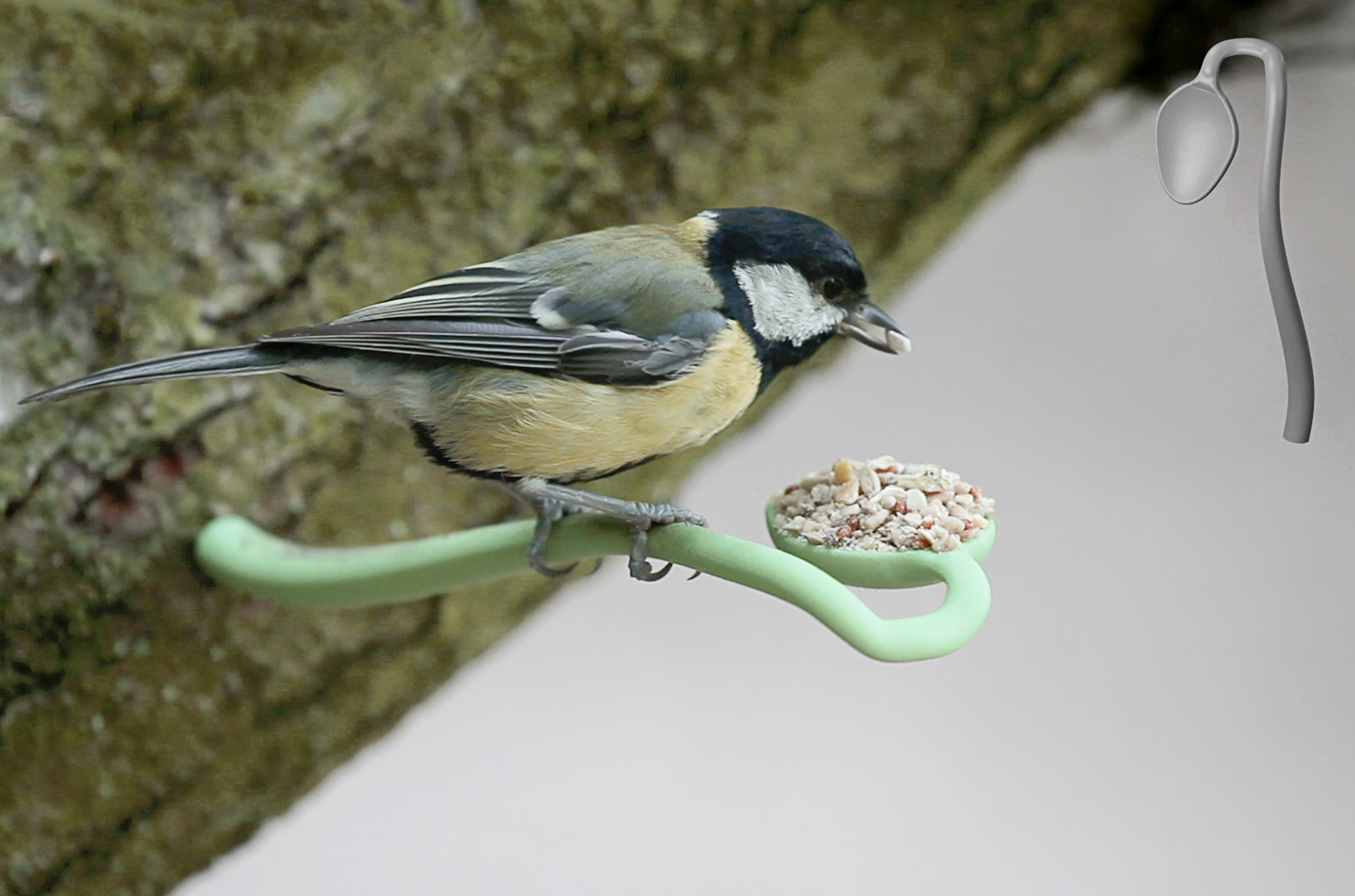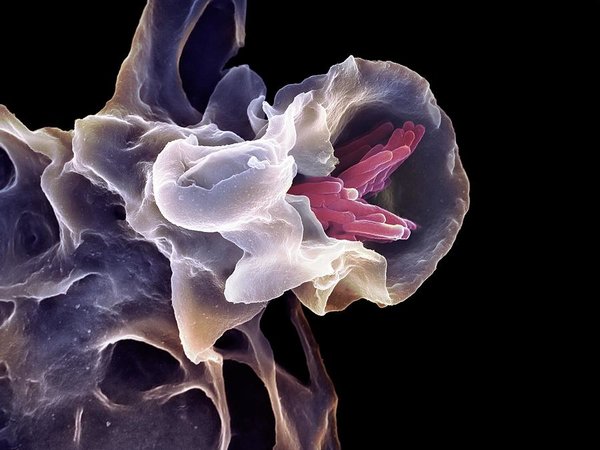What: Book Launch for Bracket 2: Goes Soft
Where: The Architecture Center, Houston (ArCH), 315 Capitol Street, Houston TX
When: Sunday, February 17th at 7pm
Bracket 2 examines physical and virtual soft systems, as they pertain to infrastructure, ecologies, landscapes, environments, and networks. In an era of declared crises—economic, ecological and climatic, amongst others—the notion of soft systems has gained increasing traction as a counterpoint to permanent, static and hard systems. Acknowledging fluid and indeterminate situations with complex feedback loops that allow for reaction and adaption, the possibility of soft systems has re-entered the domain of design. Bracket 2 critically positions and defines soft systems through 27 projects and 12 articles. From soft politics, soft power and soft spaces to fluid territories, software and soft programming, Bracket 2 unpacks the use and role of responsive, indeterminate, flexible, and immaterial systems in design.
Bracket 2 is Edited by Neeraj Bhatia and Lola Sheppard.
BIOS
Ned Dodington is an architectural designer, thinking and writer living in Houston Texas. Ned is Founder and Editor of AnimalArchitecture.org, a web-based platform devoted to an ongoing investigation into the performative role of design in ecology. The project operates on the edge between humans and our surrounding “others” — illuminating alternative ways of living with nonhuman animals, discussing cross-species collaborations, and defining new frameworks through which to discuss biologic design.
Scott Colman is an architectural historian, theorist, critic, designer and senior lecturer at Rice University. He is a graduate of the communication, media, and cultural studies program at the University of Technology, Sydney, and has received degrees in architecture from the Knowlton School of Architecture, Ohio State University, and the University of Sydney, where he was awarded the University Medal and completed his doctoral dissertation on mid-twentieth-century American architecture’s engagement with planning, social science, and philosophy.
Neeraj Bhatia is a licensed architect and urban designer whose work resides at the intersection of politics, infrastructure and urbanism. Neeraj is a co-director of InfraNet Lab, a non-profit research collective probing the spatial byproducts of contemporary resource logistics, and the founder of The Open Workshop, a design office examining the project of plurality. He is currently a visiting professor at Cornell University and has previously taught at Rice University, The University of Toronto and The University of Waterloo.
Christopher Hight is a designer, theorist and associate professor at Rice University. He has been a Fulbright Scholar and obtained a masters degree in the histories and theories of architecture from the Architectural Association, and a Ph.D. from the London Consortium at the University of London. Previously he taught at the Architectural Association’s Design Research Laboratory, and has worked for the Renzo Piano Building Workshop.


